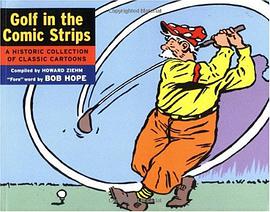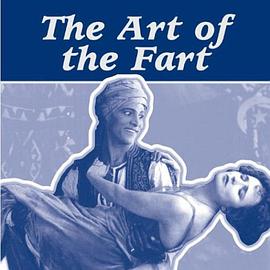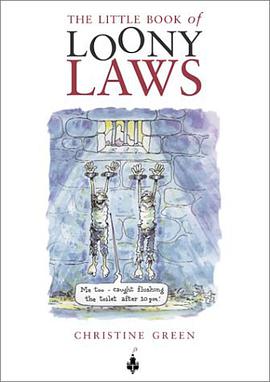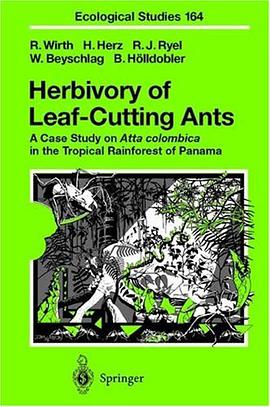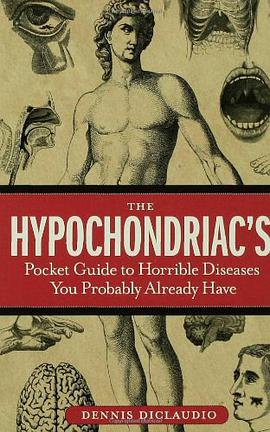

How do we know right from wrong? Do we even have moral knowledge? Moral epistemology studies these and related questions about our understanding of virtue and vice. It is one of philosophy's perennial problems, reaching back to Plato, Aristotle, Aquinas, Locke, Hume and Kant, and has recently been the subject of intense debate as a result of findings in developmental and social psychology. In this outstanding introduction to the subject Aaron Zimmerman covers the following key topics: What is moral epistemology? What are its methods? Including a discussion of Socrates, Gettier and contemporary theories of knowledge skepticism about moral knowledge based on the anthropological record of deep and persistent moral disagreement, including contextualism moral nihilism, including debates concerning God and morality and the relation between moral knowledge and our motives and reasons to act morally epistemic moral scepticism, intuitionism and the possibility of inferring 'ought' from 'is', discussing the views of Locke, Hume, Kant, Ross, Audi, Thomson, Harman, Sturgeon and many others how children acquire moral concepts and become more reliable judges criticisms of those who would reduce moral knowledge to value-neutral knowledge or attempt to replace moral belief with emotion. Throughout the book Zimmerman argues that our belief in moral knowledge can survive sceptical challenges. He also draws on a rich range of examples from Plato's "Meno" and Dickens' "David Copperfield" to Bernard Madoff and Saddam Hussein. Including chapter summaries and annotated further reading at the end of each chapter, "Moral Epistemology" is essential reading for all students of ethics, epistemology and moral psychology.
具体描述
读后感
评分
评分
评分
评分
用户评价
相关图书
本站所有内容均为互联网搜索引擎提供的公开搜索信息,本站不存储任何数据与内容,任何内容与数据均与本站无关,如有需要请联系相关搜索引擎包括但不限于百度,google,bing,sogou 等
© 2025 book.wenda123.org All Rights Reserved. 图书目录大全 版权所有

